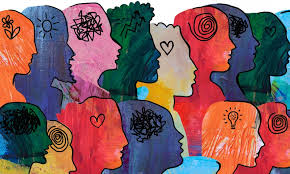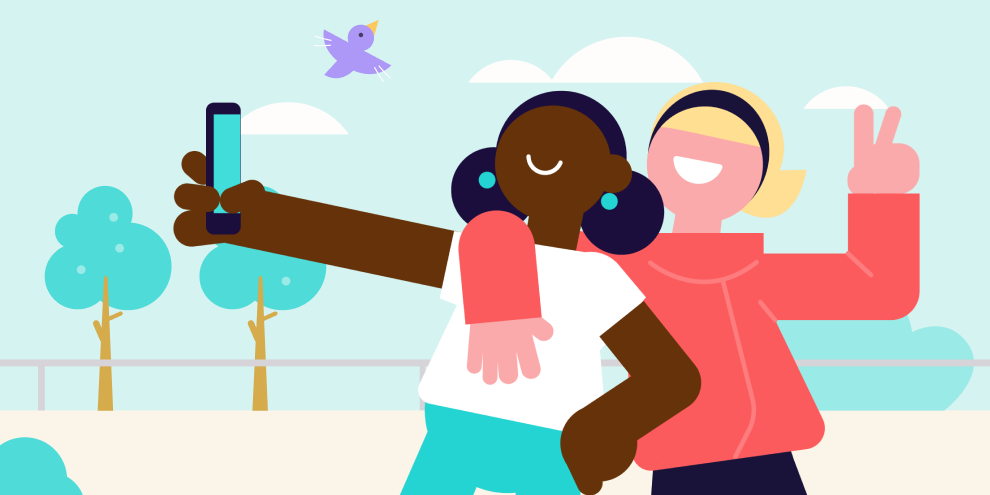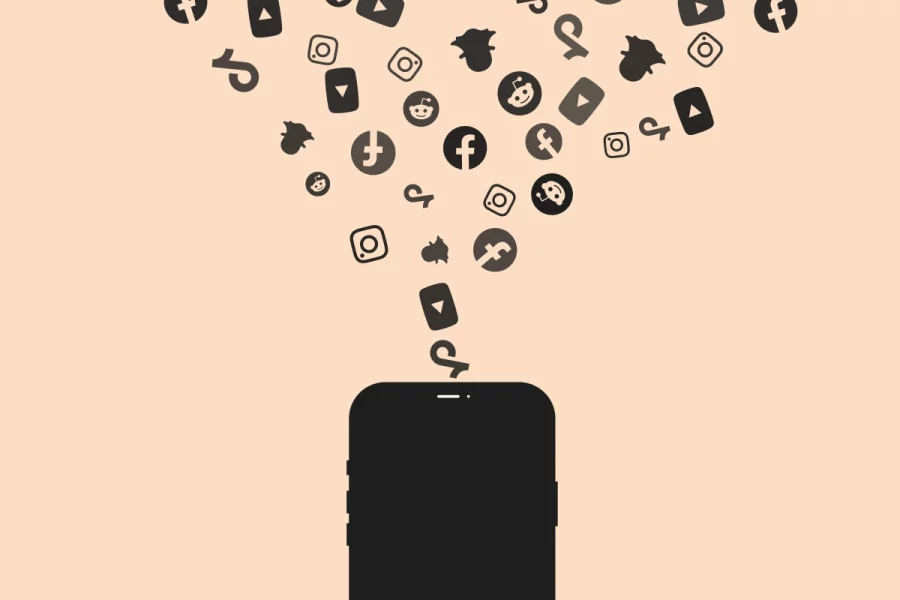The rise of social medida has significantly impact the self-image of the younger generation, with many individuals relying on Instagram and TikTok to curate content and gain followers. This self promotion has led to a more romanticized version of one’s life, which can have negative effects. For example, a study by Scope found that almost half of the 1200 18-34 years old felt unattractive when they looked at their social media feed, and around 60% felt their achievements were inadequate when compared to other’s posts.

Research has also shown that increased exposure and overuse of social media can contribute to psychological disorders, mental health risks, and physical health risks, such as depression, anxiety, jealousy, loneliness, self-harm, poor body image, eating disorders, and disrupted sleep. The rise in normalization of these side effects has led to people comparing themselves and judging others, even without realizing it.
Engaging in editing apps has also become common, making it easy to assume that a person’s image is always perfect. However, it is crucial to remember that most images posted on the Internet are captured at the perfect angle and ofter modified afterward to eliminate any possible blemishes.

Social media can offer numerous benefits, including interaction with friends and other users, expression of opinions and ideas, learning opportunities, and the development of group identities. Studies have shown that social media can strengthen bonds and foster relationships, expecially for those struggling with socialization. A study by the University of Pennsylvania found that cutting social media use to 30 minutes prepay can reduce FOMO, also known as, fear of missing out and address issues like loneliness, anxiety, depression, adn sleep problems. By practicing self-controlled social media use, individuals can better recognize when they have spent enough time scrolling and need to unplug to see things froom a more authentic perspective.
It is crucial to recognize that most content on social media only shows the most exciting moments of someone’s life, adn it is easy to misinterpret information and form opinions based on inferences. By reducing time spent on social media, individuals can differentiate genuine versus fake experiences and improve their mental health.
Bibliography
Kristen Cifelli (December 2,2021). Social media and how it affects our self image.


It is fascinating how the digital age and social media have affected various aspects of this world and all generations. I like how you highlight the complex relationship between social media and self-image. The negative effects are a compelling perspective on the challenges that social media poses. I think it would be helpful to compare these to opposing benefits of social media, whether psychological or social, and discuss the differences. I agree with how you mention it is important to know that social media is more of a highlight reel rather than the real picture and that it should be talked about more.
I like how you highlight the contrast between the idealized portrayal and the reality behind most online content. I think some examples of people who have cut back on social media for their mental health would be helpful. I agree that social media really had a big psychological impact on our generation, when i post some photos on social media, i get anxious and touch up the photos.